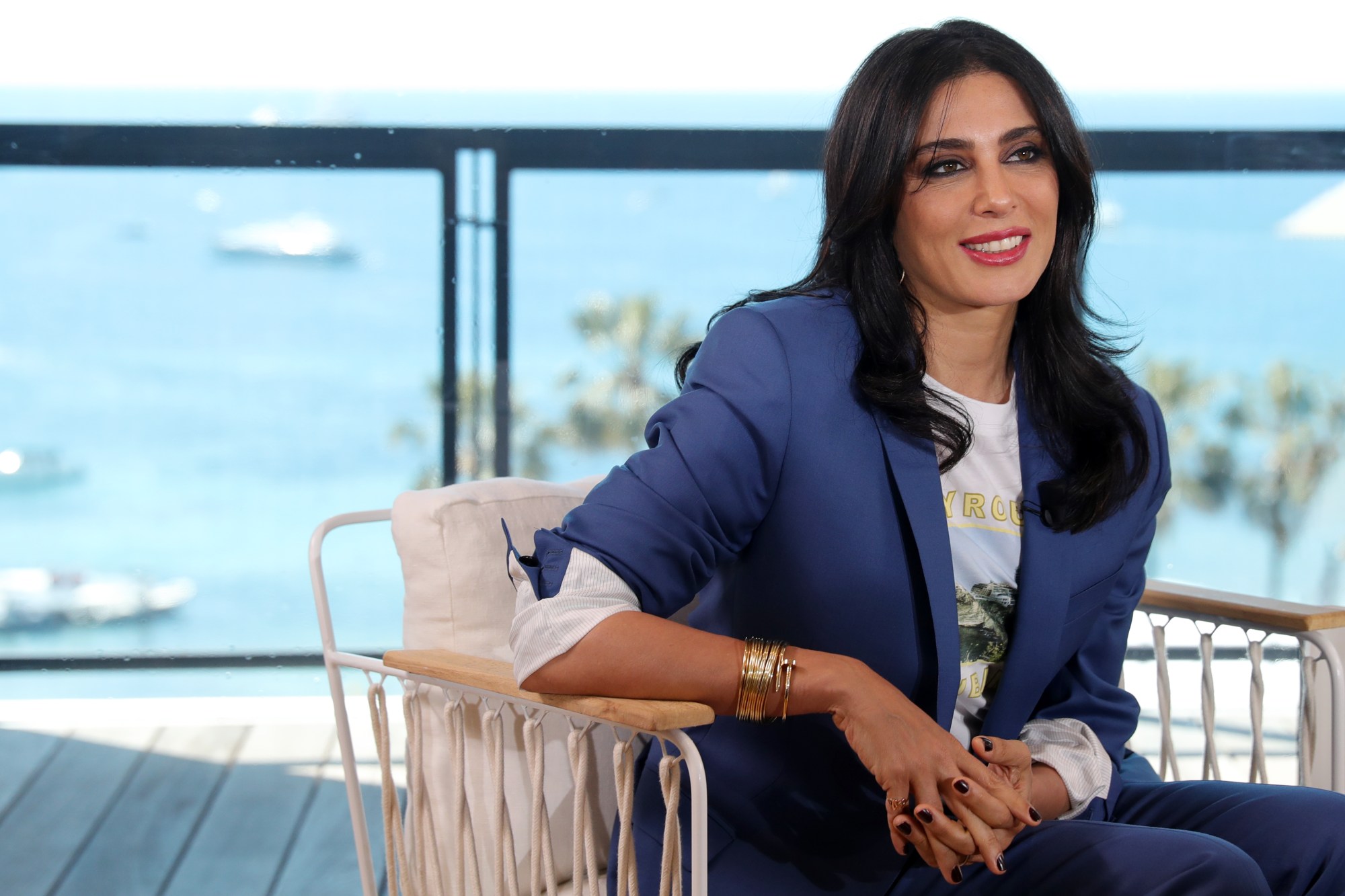
- Festivals
Nadine Labaki, Festival Child, is Back at Cannes
“I never felt like I couldn’t do anything because of my gender,” says Nadine Labaki, one of the women featured in Kering’s annual Women in Motion series at the Cannes Film Festival. The series highlights women’s achievements in entertainment and fosters discussions in order to examine what needs to be done to create diversity and equity in the entertainment industry.
Despite the #timesUP movement, the statistics remain appalling when making gender comparisons in key domains. Fewer movies were made by women in 2018 (23.3%) than in 2017 (25.5%) and the average salary of women directors is 42% less than for male directors.
The Lebanese director has a long history with the festival, from eager festivalgoer to president of the Un Certain Regard Jury, this year. Known for Caramel, which premiered in the Directors Fortnight in 2009, Where Do We Go Now, which debuted in Un Certain Regard in 2011, and Capernaum, which garnered her the Jury Prize at Cannes 2011 and was nominated for a Golden Globe, Labaki notes the benefit of Cannes and the more open attitude to gender and diversity. “I started coming here as a student, staying far from Cannes, arriving early and standing in line just to see a film and thinking how lucky I was just to be here,” she says. “(From there) to showcasing my work, to this year being President of the Jury… I feel like I’m the festival’s child,” she laughed.
Although eager to try her hand at a big superhero movie, Labaki feels moved to make films that have an impact on society. “Coming from Lebanon, where everything needs to be rethought, I cannot be silent on the issues that move me. I equate that will collaborating and adapting the inequities of the world.” Like many of the Kering/Variety speakers, she notes a “sorority with other women leaders in entertainment”, and a desire for equal representation not as a politically correct movement but because “our stories deserve to be told and our films deserve to be selected.” In a few years, panels like this one will cease to exist as the industry will be more inclusive. Of course, there is still social pressure for certain taboos. Growing up in a war-torn country I learned to say things so people will hear. The thing I love about films is that they provoke change.”
To that end, Labaki is working on a documentary about the making of Capernaum. “We follow the lives of the people the film touched. I’m very excited about it.”

